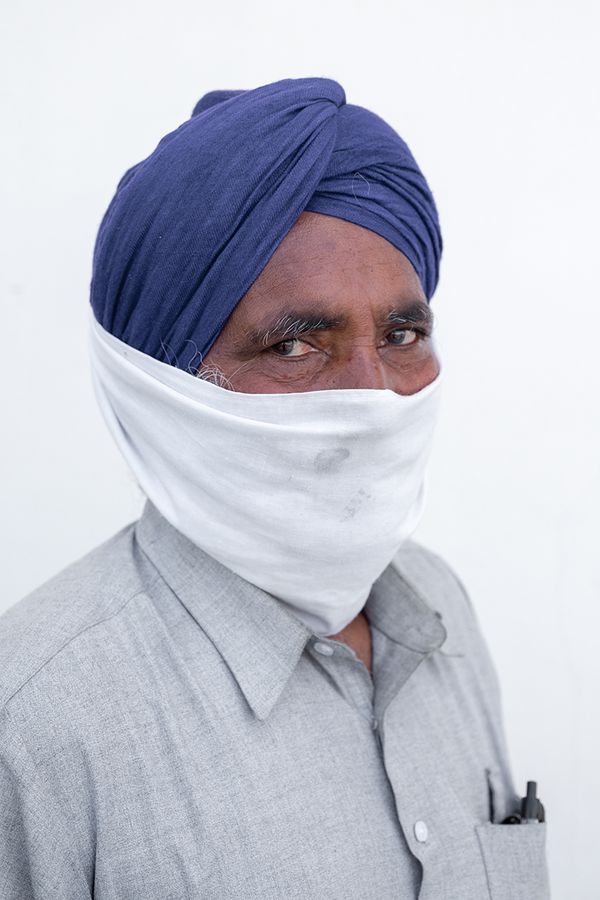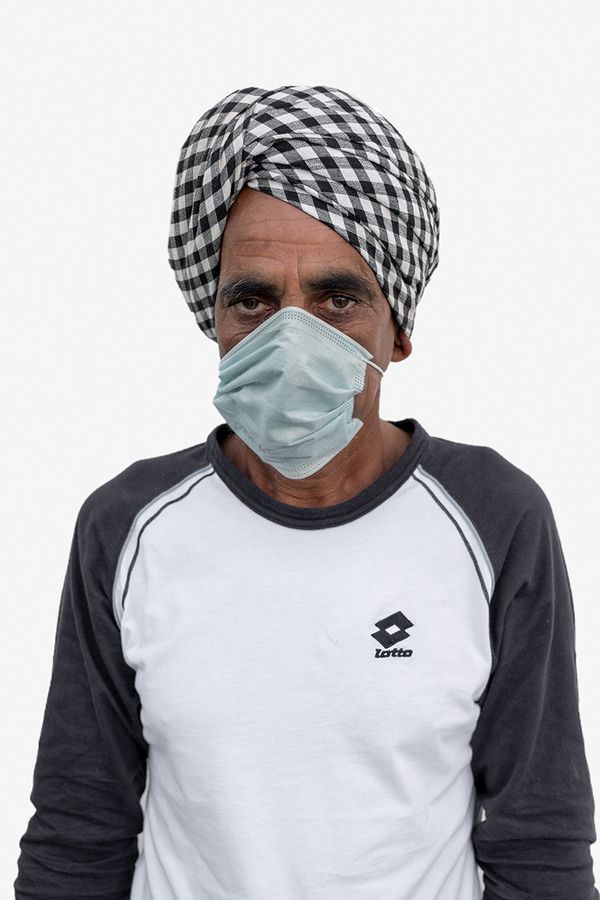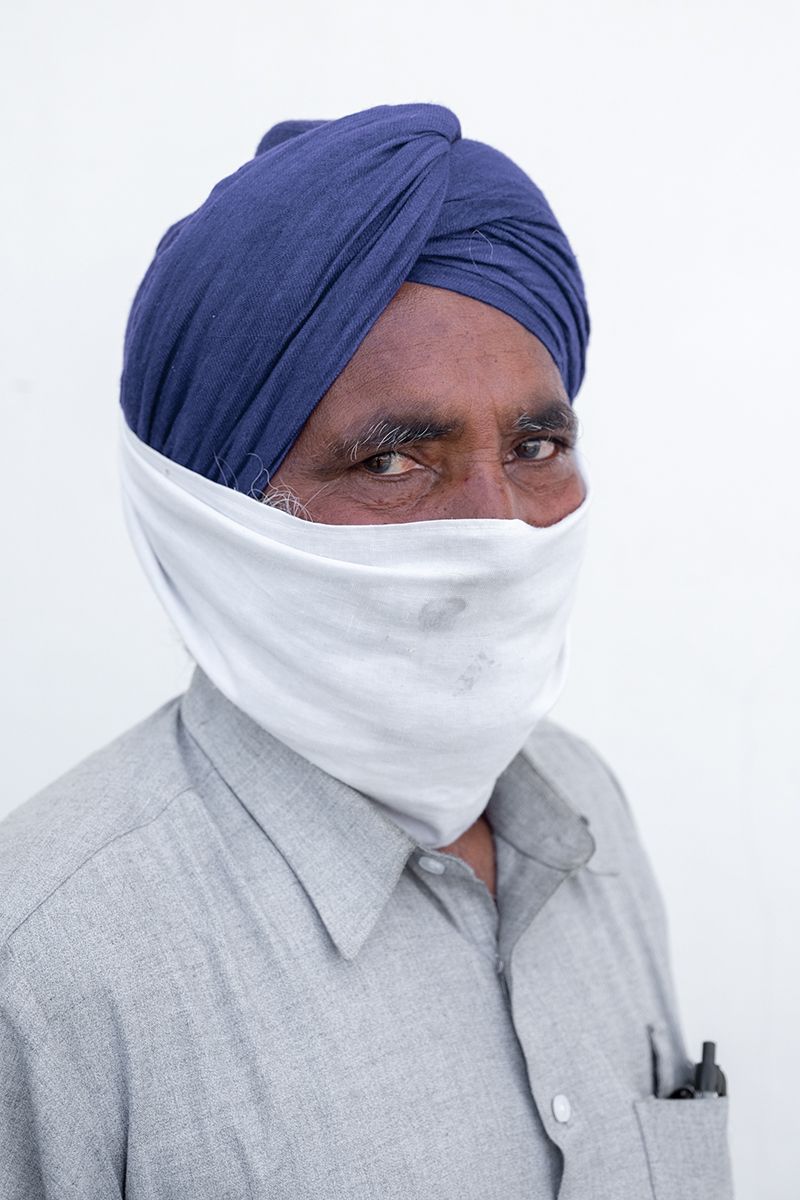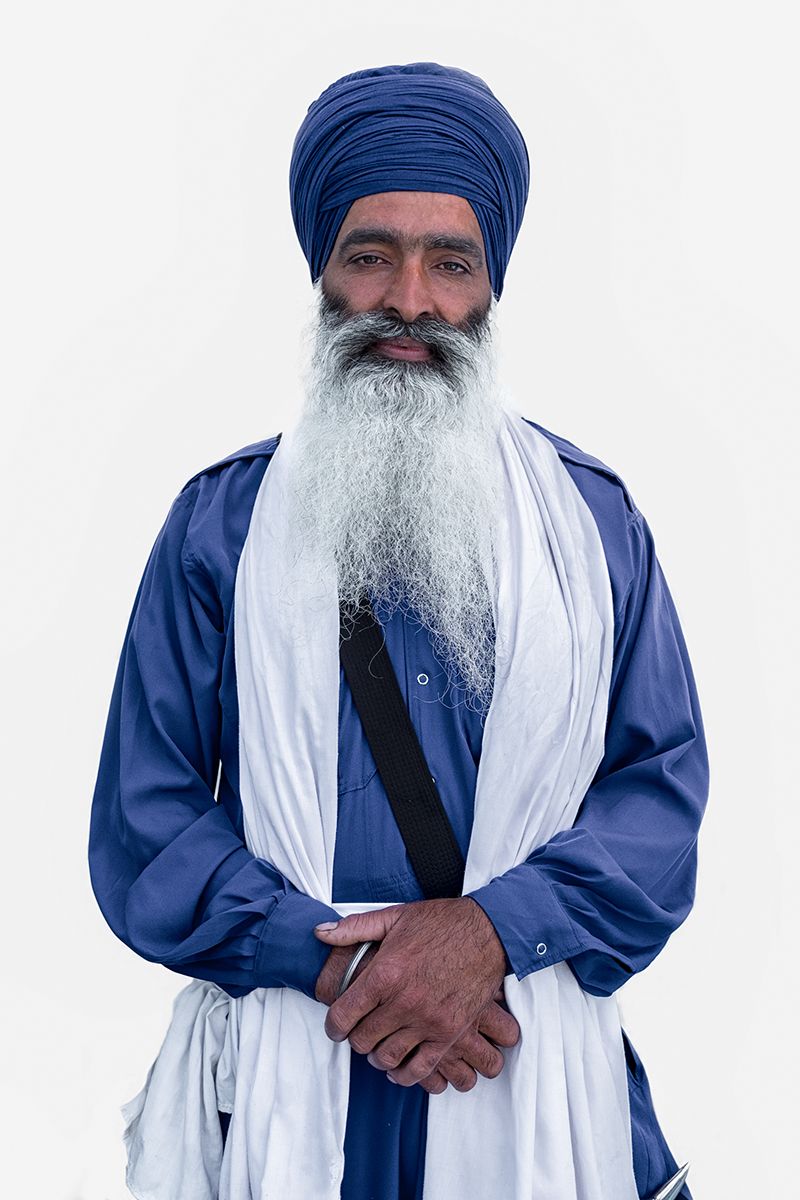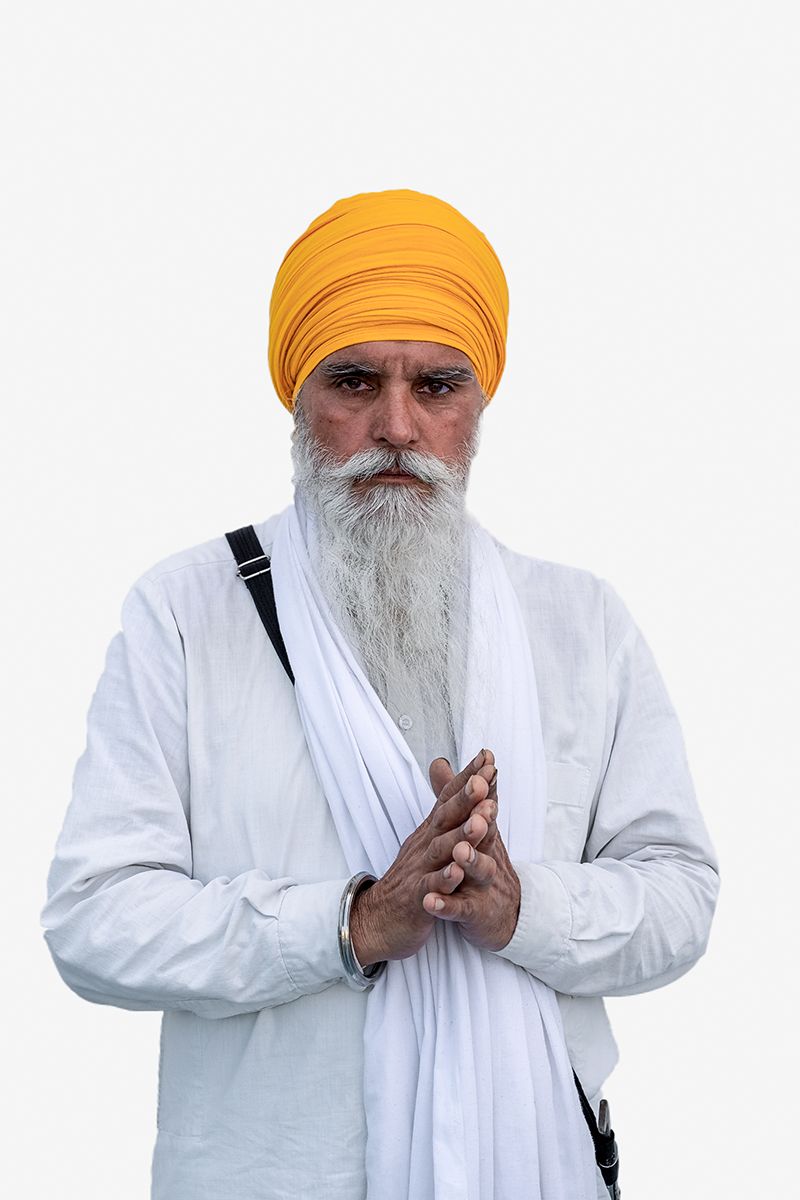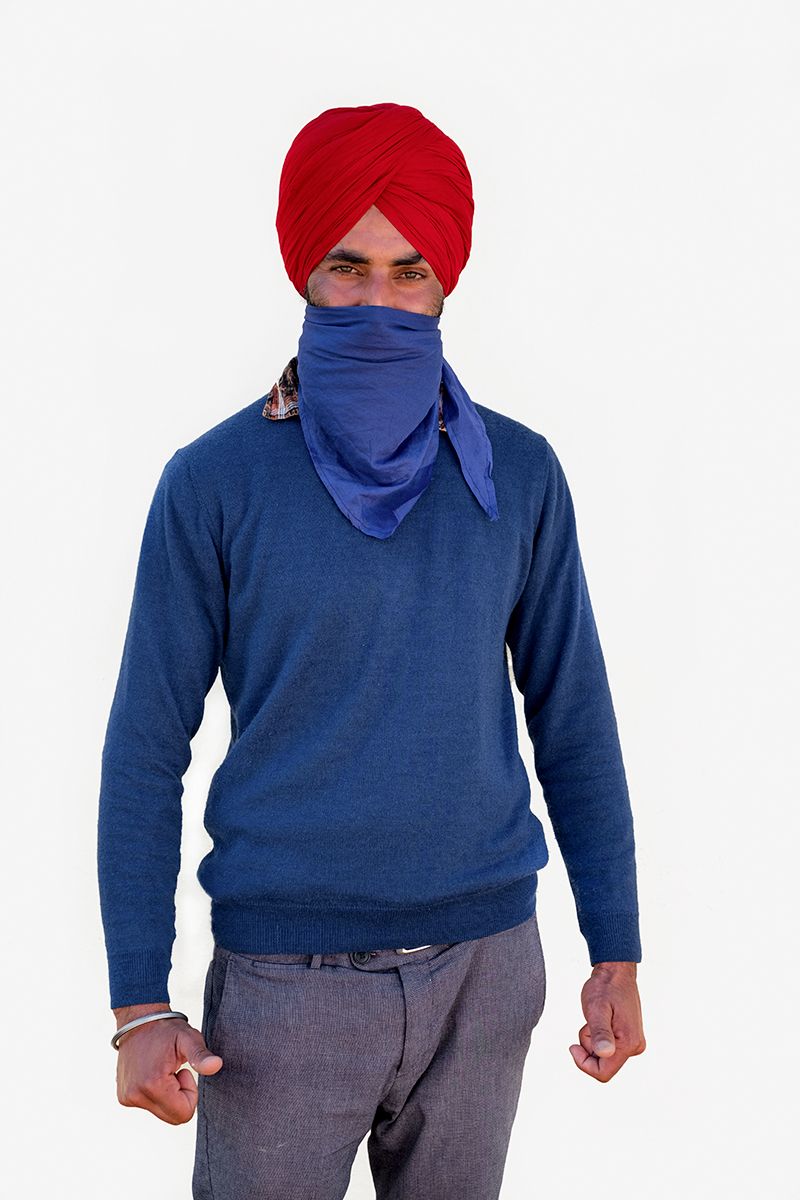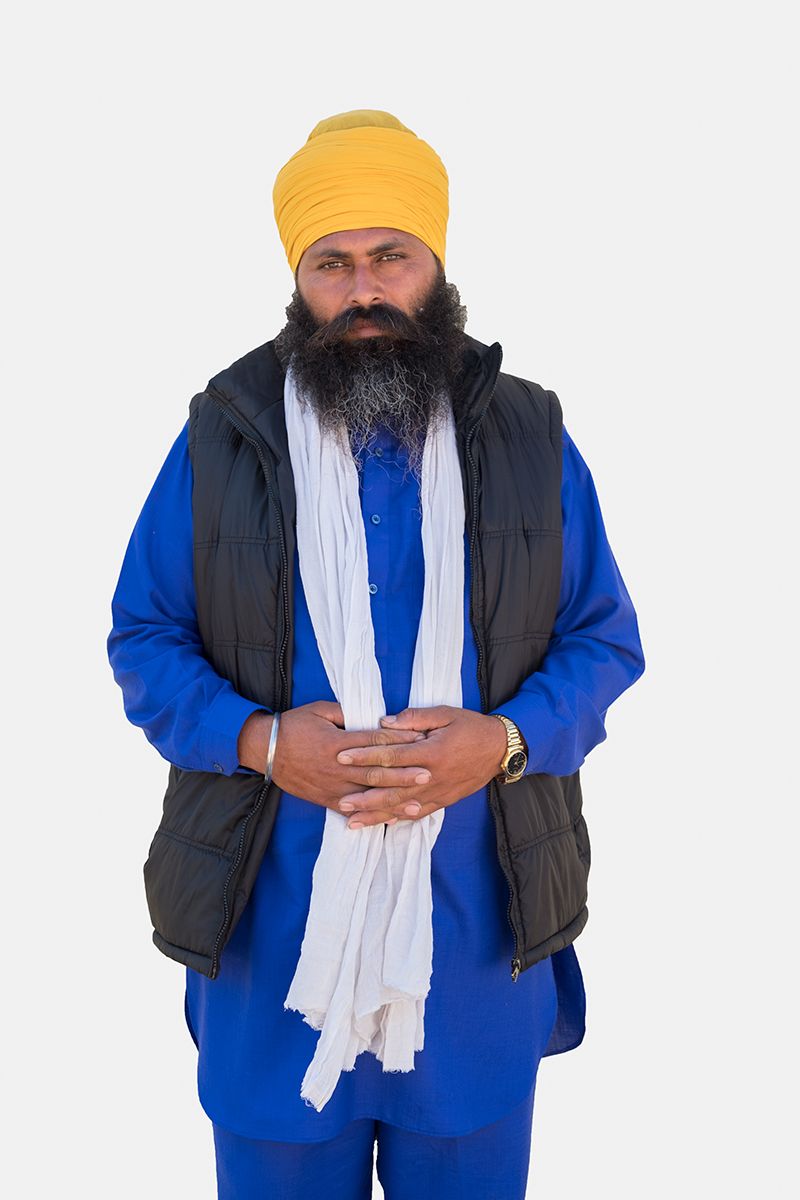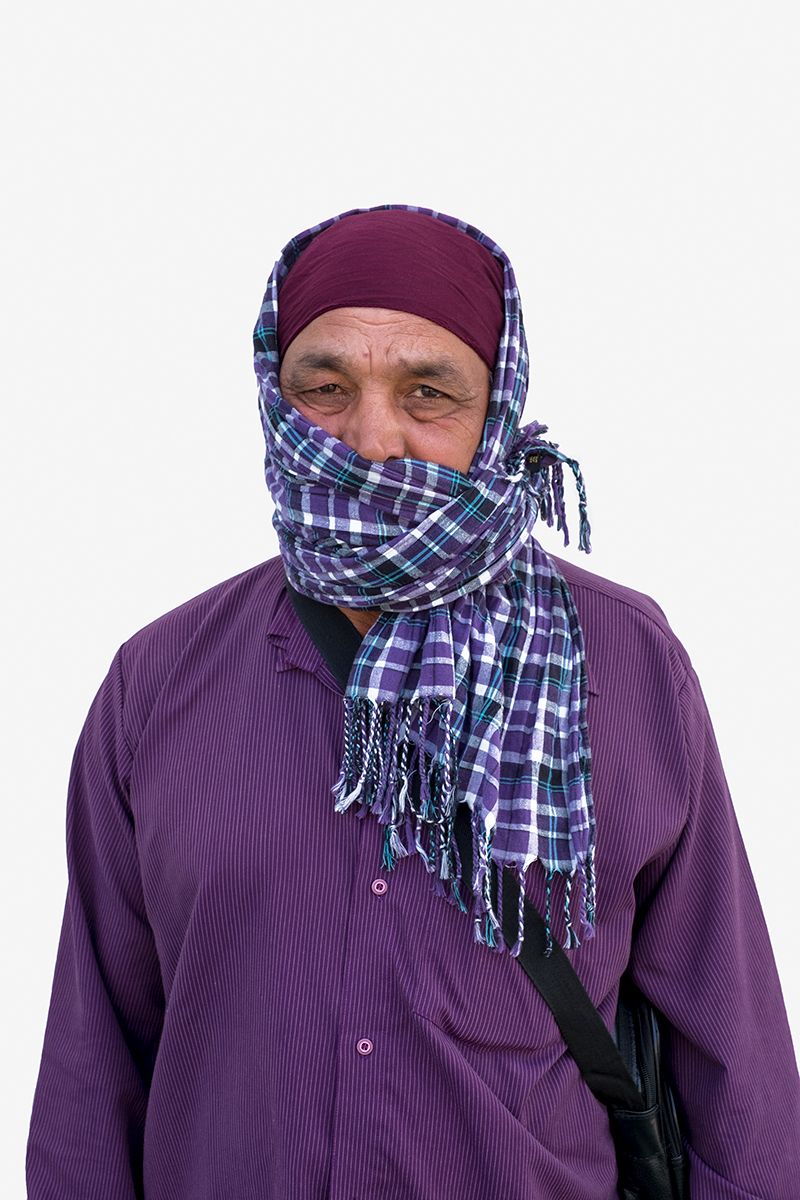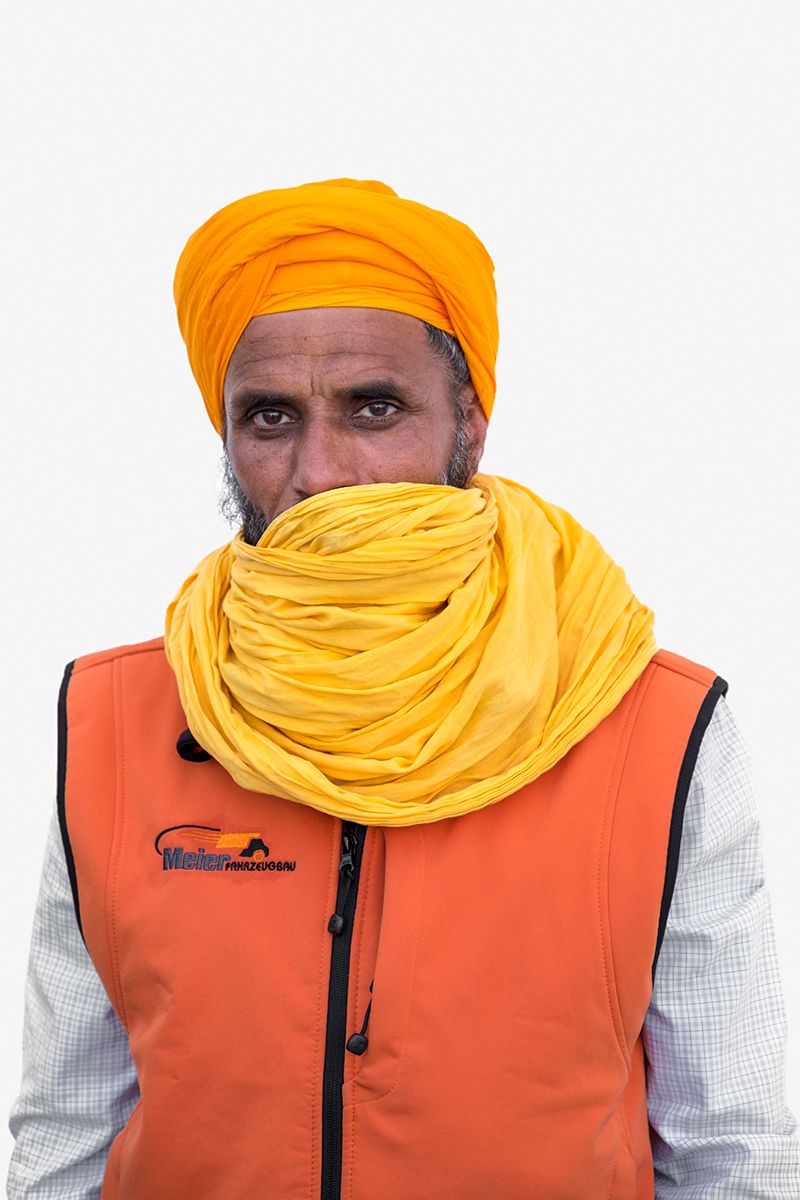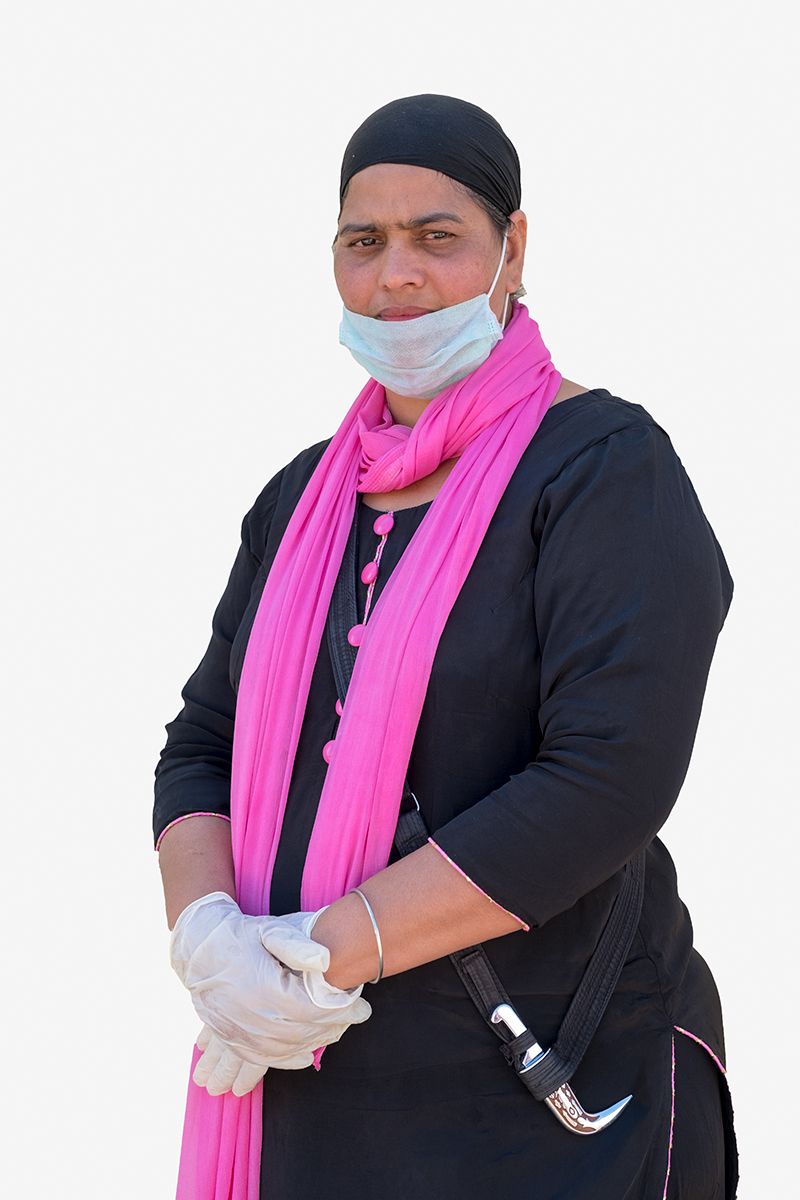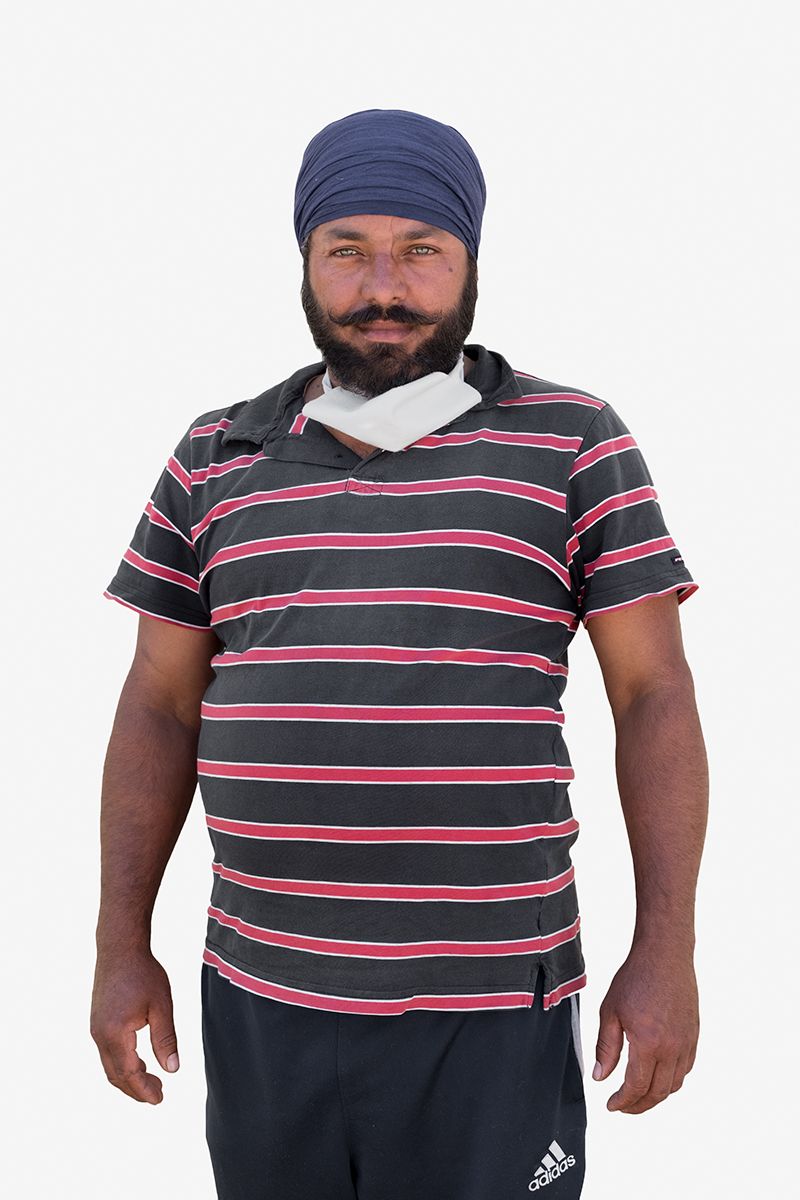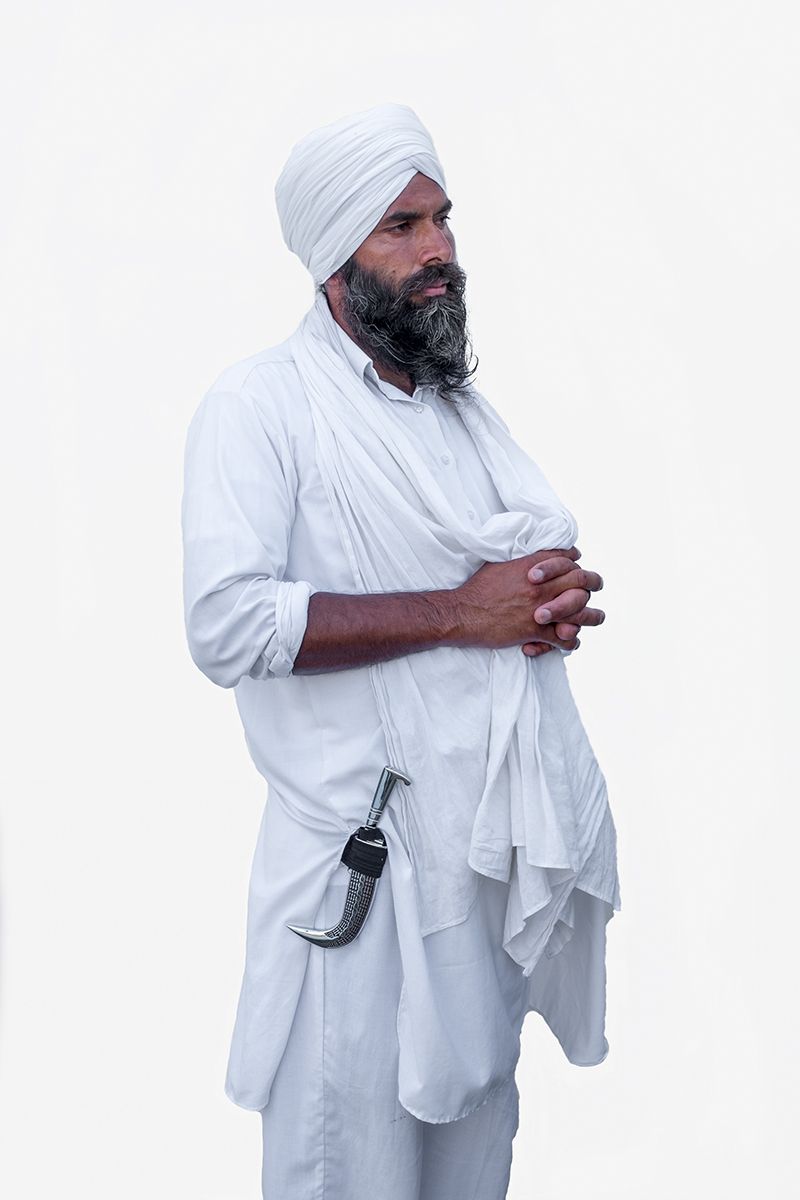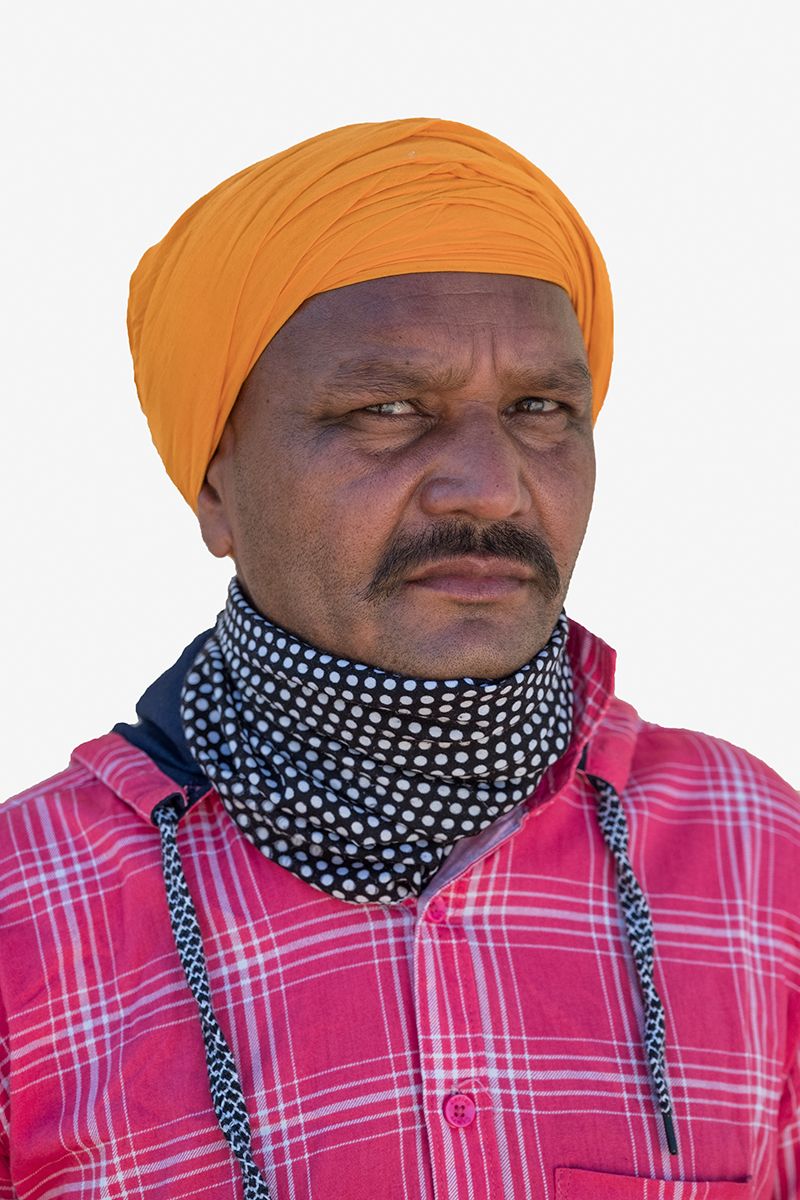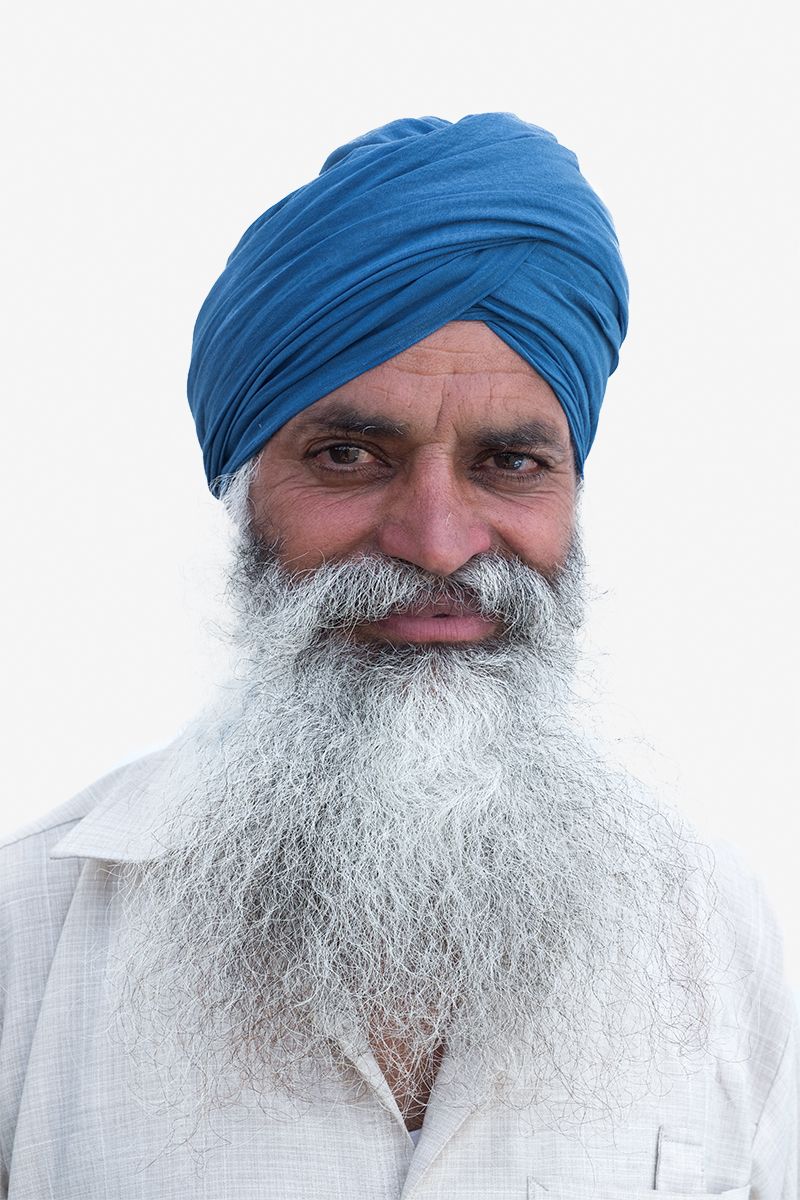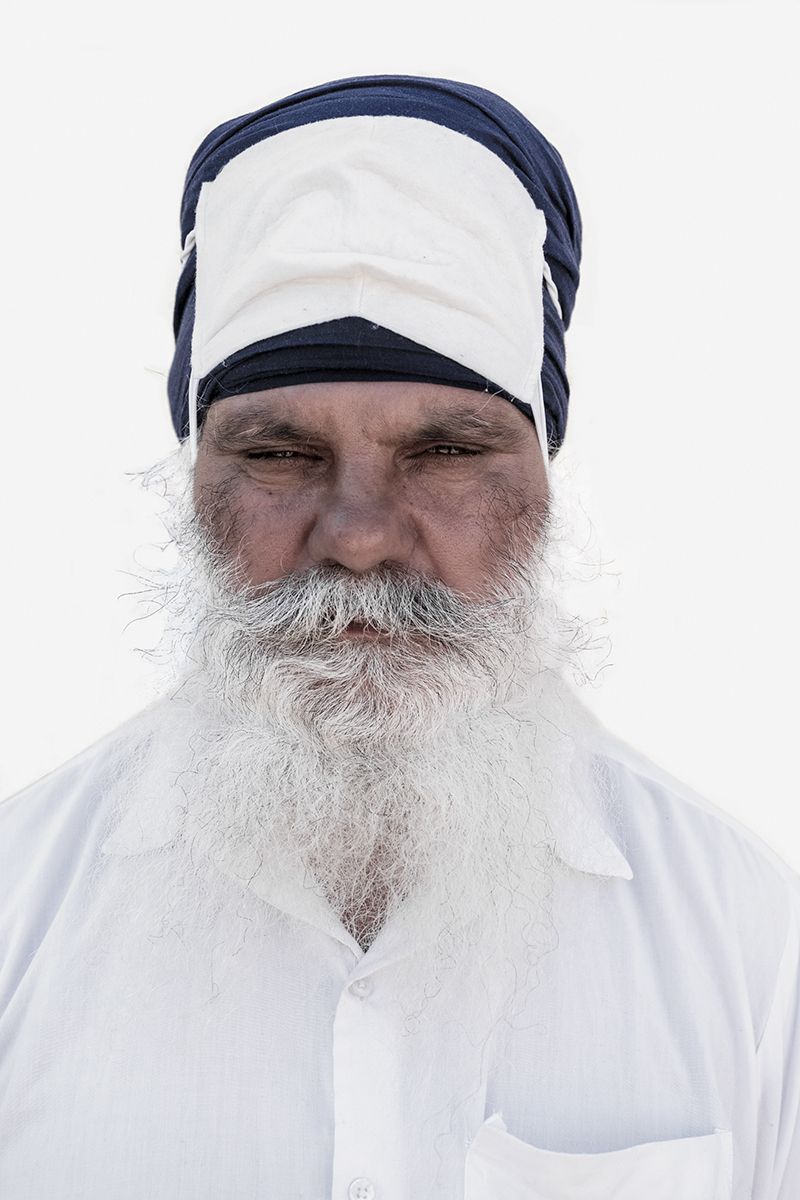The Invisibles
-
Dates2020 - Ongoing
-
Author
- Topics Portrait, Contemporary Issues, Documentary
- Location Italy, Italy
During the lockdown, in the Agro Pontino countryside, in the Lazio region of Central Italy, greenhouse production and the exploitation of a community of around 30,000 Indians, mostly Sikhs, working as agricultural day labourers, has never stopped.
During the lockdown, in the Agro Pontino countryside, in the Lazio region of Central Italy, greenhouse production and the exploitation of a community of around 30,000 Indians, mostly Sikhs, working as agricultural day labourers, has never stopped in the general silence of a country that has decided not to consider them if not as useful arms to produce agricultural products purchased by the Italians at the time of the coronavirus. While all of Italy’s 60 million people were under restrictions in an attempt to slow down the spread of the Coronavirus Disease, members of this community became the unsung heroes who never stopped contributing during the emergency to Italy’s food supply chain. No matter under what conditions they are forced to work or live, the most important thing for them is to build their own identity in a country that they now feel like their own. Sikhs are meant to uphold the values of honesty, compassion, generosity, humility, integrity and spirituality on a daily basis. Exploitation is a permanent feature of much of the agricultural economy in Italy. It is worth highlighting that farmers using migrant labour are also suppliers of the international markets. The vegetables picked by these Sikh farm workers are transported to one of Europe’s largest vegetable markets in Fondi, from there, they are sold throughout Italy and exported to other European countries.
This “invisible” population, denied of basic human rights, is growing and significantly impacting some sectors of the economy. Their conditions are symptomatic of this kind of labour exploitation, akin to slavery. They work 14 hours a day, seven days a week and are paid around €4.50/hour. Payments are often delayed for months, and sometimes never received. Violence, beatings and accidents at work aren’t often reported and those who try to react are easily made redundant.
These human rights abuses are of the utmost severity, especially those that violate the rights to adequate housing and decent work.
